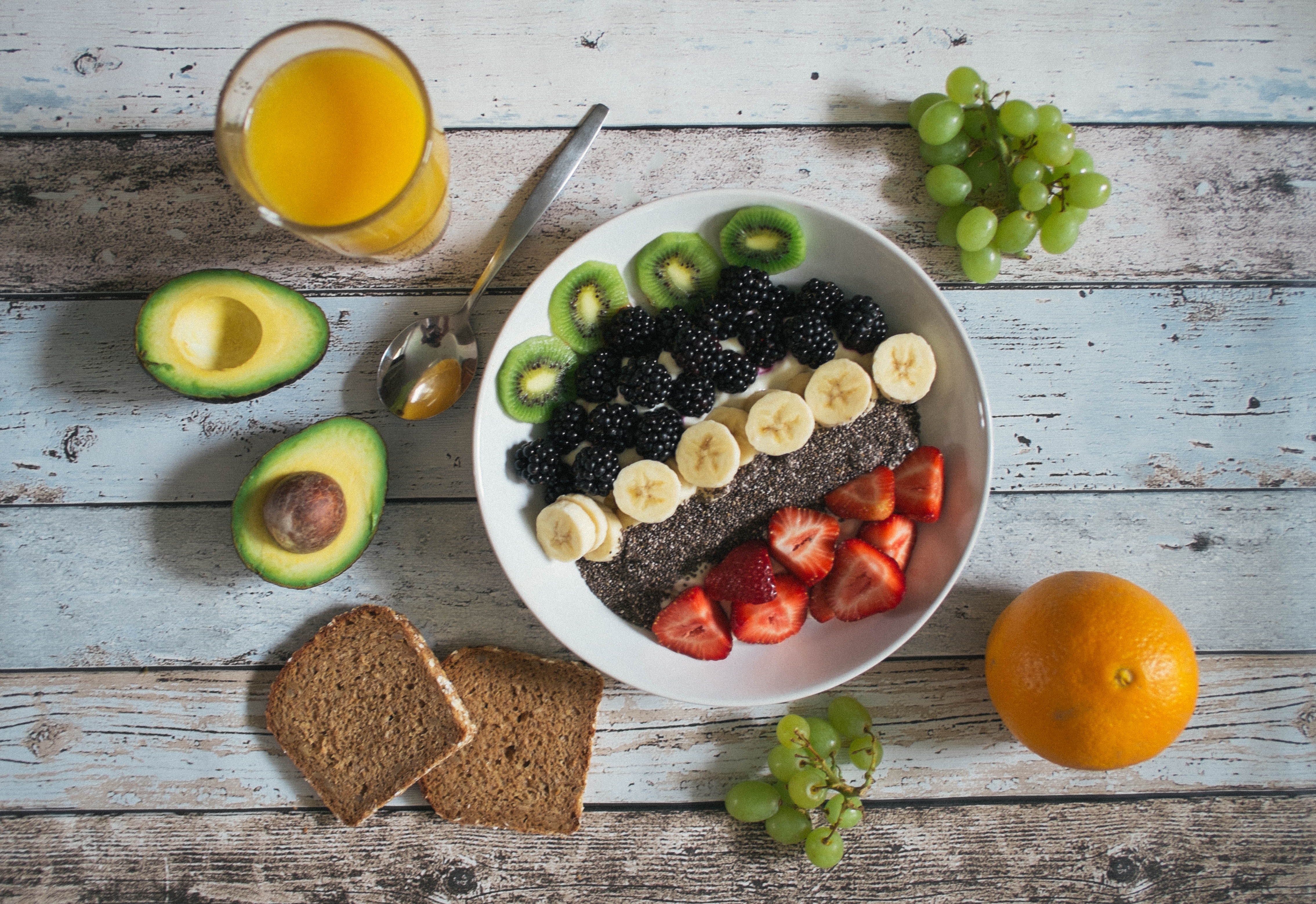Among all the strategies eating the right foods with getting adequate sleep as two very important strategies to battle depression and anxiety. Substantial research shows which foods promote sanity and which ones send an alarm to your limbic system (emotion center) and cause inflammation. Most importantly eliminating gluten, dairy, caffeine, and sugar from your diet made the biggest difference for patients who suffered from depression.
Holistic approaches to mental as well as physical wellness often include nutrition. But the connection between food and mental health is now gaining traction in the medical community, too. Research in the field of nutritional psychiatry supports the scientific claim that what you eat and how you feel may be connected, especially when it comes to managing anxiety and depression.
The following nutrient-dense foods come highly recommended for their anxiety- and depression-busting properties by nutritional-psychiatry specialists Dr. Uma Naidoo of Harvard Medical School and Dr. Drew Ramsey of Columbia University. Like others in their field, both doctors emphasize that it’s not an eat-three-almonds-and-call-me-in-the-morning situation. These foods are most effective as part of a larger program including regular exercise, a healthy sleep pattern, therapy and, where appropriate, medication.
- BEANS such as small red beans contain B vitamins, thiamine, iron, and magnesium.
- FERMENTED FOODS such as kimchi and pickles contain probiotics.
- FRUITS such as berries and avocados (yes, that’s a fruit) contain potassium, B vitamins, vitamin C and magnesium.
- LEAFY GREENS such as spinach and kale contain magnesium, iron, zinc, vitamin A, vitamin E and B vitamins.
- LEGUMES such as lentils contain magnesium, B vitamins, zinc and iron.
- MEATS such as grass-fed beef and organ meats contain vitamin A, B vitamins, zinc, and iron.
- NUTS AND DRUPES such as walnuts and cashews contain magnesium, omega-3 fats, zinc, B vitamins, vitamin E and selenium.
- OILS such as olive and fish contain omega-3 fats and vitamin E.
- SEAFOOD such as clams, wild salmon and anchovies contain zinc, iron, B vitamins, omega- 3 fats, magnesium, and selenium.
- SEEDS such as sunflower and chia contain vitamin E, vitamin B1, magnesium, zinc, and omega 3 fats.
- SPICES such as ginger and turmeric contain magnesium, vitamin C, vitamin B6, vitamin B1 and vitamin E.
- WHOLE GRAINS such as quinoa, farro, and wild rice contain zinc, iron, vitamin B1, selenium and magnesium.
 Food
Food Farmers
Farmers Sustainable Living
Sustainable Living Living Planet
Living Planet News
News